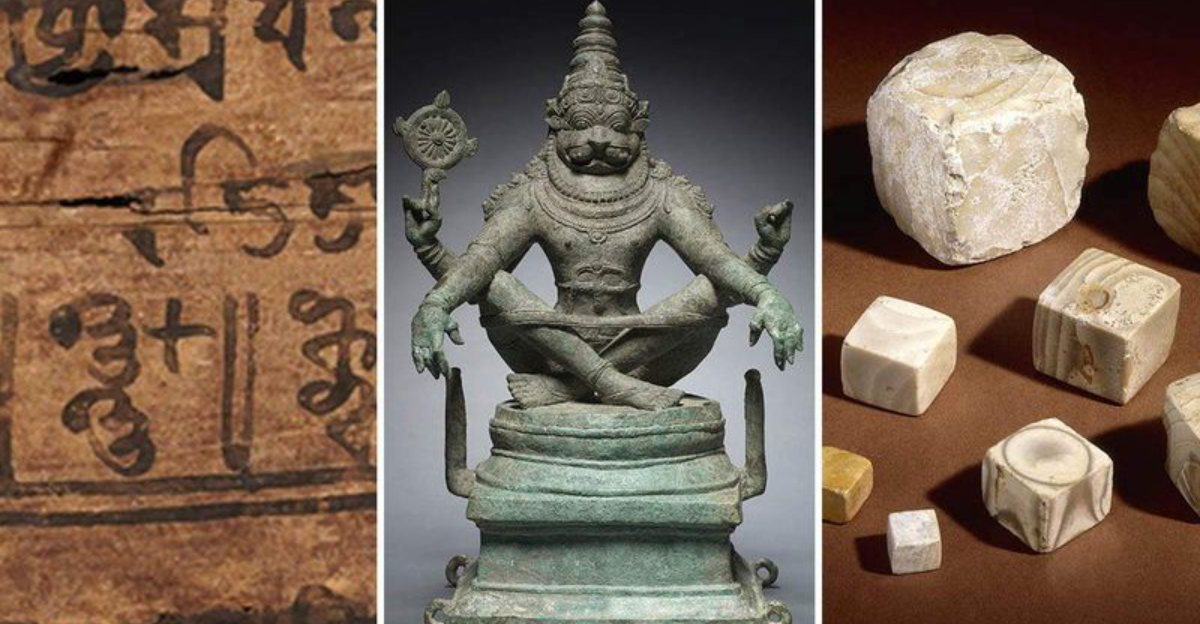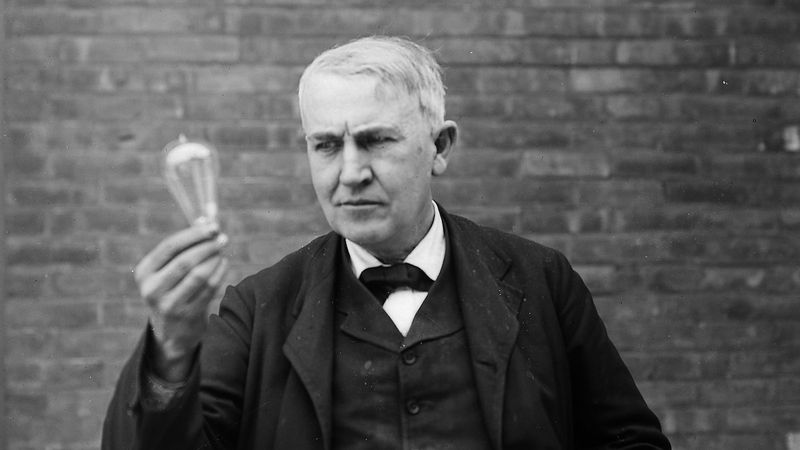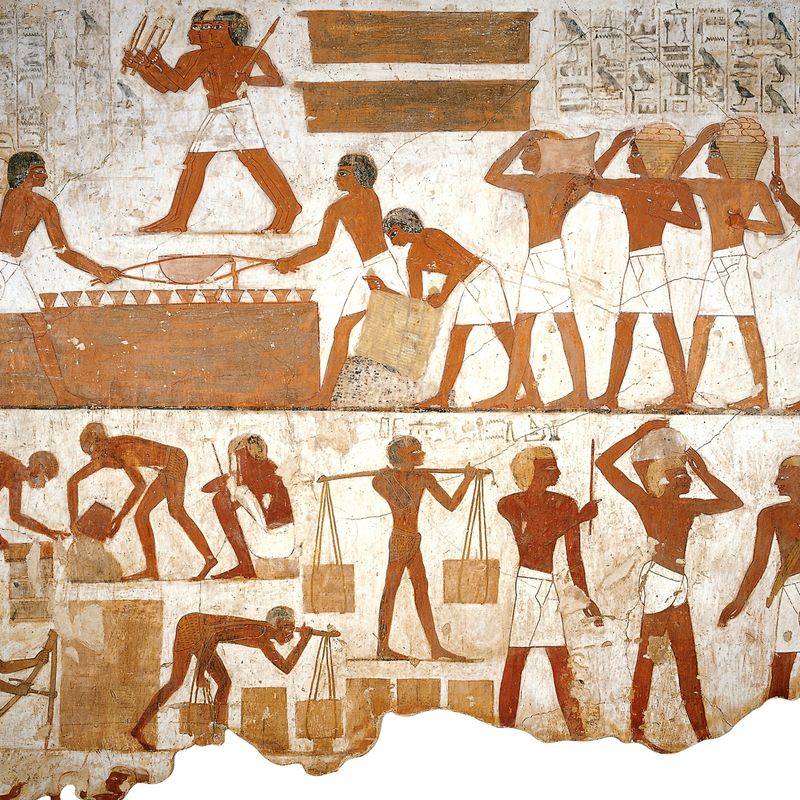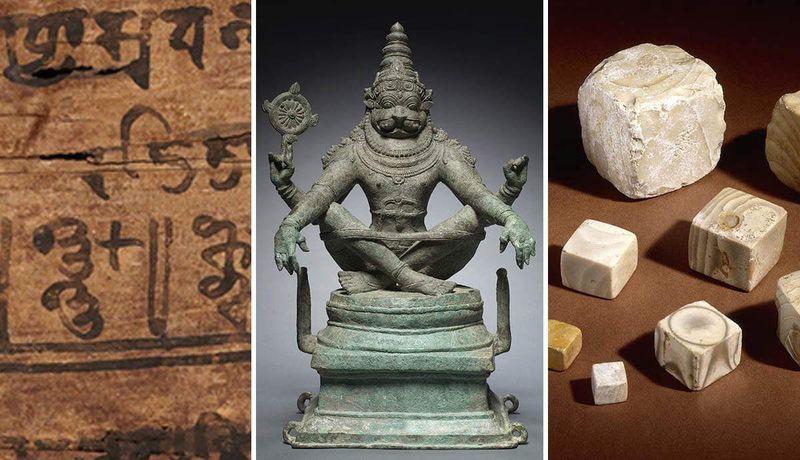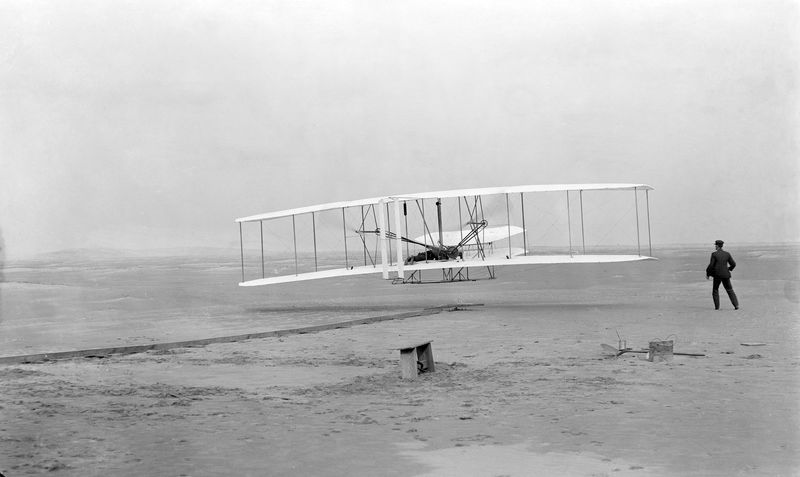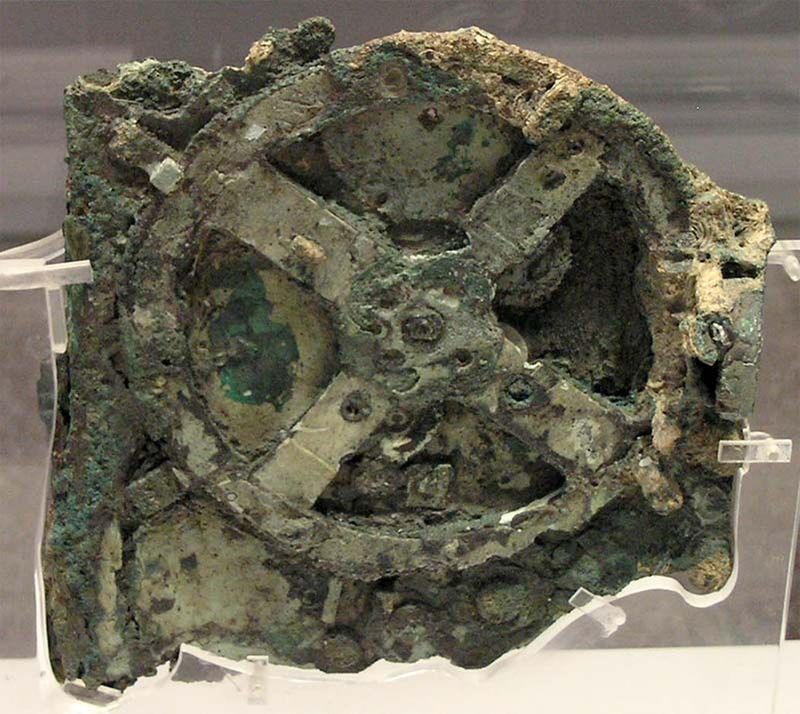History books often tell us simple stories about famous inventors and their groundbreaking creations. Unfortunately, many of these tales are either completely wrong or missing important details that change everything.
When we believe these myths, we miss out on understanding how real innovation actually happens and ignore the amazing contributions of people from different cultures and time periods.
1. Thomas Edison Single-Handedly Invented the Light Bulb
Picture this: a lone genius working tirelessly in his laboratory until suddenly – eureka! The light bulb is born. This romantic story about Edison couldn’t be further from the truth.
Reality paints a different picture entirely. Dozens of brilliant minds were experimenting with electric light decades before Edison stepped onto the scene. Sir Humphry Davy, Warren de la Rue, and Joseph Swan had already made crucial breakthroughs in incandescent lighting.
Edison’s real superpower wasn’t invention – it was improvement and marketing. He perfected existing designs and created the first commercially successful light bulb through mass production and clever business strategies.
2. Enslaved People Built the Great Pyramids Under Brutal Conditions
Hollywood movies love showing thousands of whip-cracking overseers forcing enslaved people to drag massive stone blocks across the desert. This dramatic image makes for great cinema but terrible history.
Archaeological evidence tells a completely different story. Workers’ tombs discovered near the pyramids reveal that skilled, paid laborers constructed these magnificent monuments. These weren’t enslaved people but respected craftsmen who received proper food, medical care, and decent living conditions.
Teams of workers rotated in organized shifts, much like modern construction projects. The pyramid builders were proud professionals, not suffering victims – a fact that makes their achievements even more impressive.
3. Johannes Gutenberg Invented the First Printing Press
Every European history class teaches that Gutenberg revolutionized the world with his printing press around 1440. While his impact on Europe was enormous, calling him the inventor of printing is like saying the Beatles invented music.
Chinese inventor Bi Sheng had already developed movable type printing during the Song Dynasty around 1040 AD – four centuries before Gutenberg was even born! Korea advanced this technology further by creating metal type systems.
Gutenberg’s genius lay in adapting and perfecting existing Asian innovations for European languages and markets. His press was revolutionary for Europe, but printing technology had been changing the world for hundreds of years already.
4. The Wheel Was Humanity’s First and Greatest Invention
Ask anyone about humanity’s most important invention, and they’ll probably say the wheel. This answer sounds logical until you realize how wrong it actually is.
The wheel appeared relatively late in human history – around 3500 BCE in Mesopotamia. By that time, people had already mastered farming, weaving, tool-making, and countless other technologies. Even more importantly, wheels were completely useless without roads, axles, and proper infrastructure to support them.
Many advanced civilizations, including the Aztecs and Incas, built incredible empires without ever using wheels for transportation. They had wheels but used them only for toys and ceremonial objects, proving that great societies could thrive without this supposedly essential invention.
5. Ancient Greeks Invented Everything Important First
Greek philosophers and inventors like Archimedes and Hero definitely earned their place in history books. However, crediting Greece as the birthplace of all important ideas is like saying rock music started with just one band.
Civilizations in India, Mesopotamia, China, and Egypt had already laid crucial groundwork in mathematics, medicine, and engineering centuries before Greece’s golden age. Indian mathematicians developed concepts that Greeks later refined, while Chinese engineers created mechanical marvels that wouldn’t appear in Europe for generations.
Greek thinkers were brilliant synthesizers who built upon existing knowledge from across the ancient world. Their real achievement was organizing and expanding ideas that had been developing globally for centuries.
6. The Wright Brothers Invented Flight from Absolutely Nothing
December 17, 1903, at Kitty Hawk – the day humans first took to the skies! Except that’s not quite accurate either.
Orville and Wilbur Wright were incredibly talented engineers, but they didn’t invent flight from scratch. They built upon decades of experimentation by aviation pioneers like Otto Lilienthal, who made over 2,000 glider flights, and Octave Chanute, who documented flying machine designs extensively.
The Wright brothers’ breakthrough was achieving controlled, powered flight – not the concept of flying machines itself. Hot air balloons had been carrying people since the 1780s, and gliders were common by the 1890s. Their genius was solving the control problem that had stumped everyone else.
7. Ancient Civilizations Were Primitive and Scientifically Ignorant
Modern people often imagine ancient civilizations as backward societies that barely understood basic science. This condescending view ignores some of humanity’s most impressive technological achievements.
Roman concrete was so advanced that their buildings still stand today while modern structures crumble after decades. Greek inventors created mechanical computers and automated theaters. Babylonian astronomers predicted eclipses with stunning accuracy, while Indian surgeons performed cataract operations using sophisticated techniques.
Many ancient innovations were actually lost during later historical periods, forcing later civilizations to rediscover knowledge that had existed for centuries. Ancient people weren’t primitive – they were ingenious problem-solvers whose achievements still amaze modern engineers and scientists.
